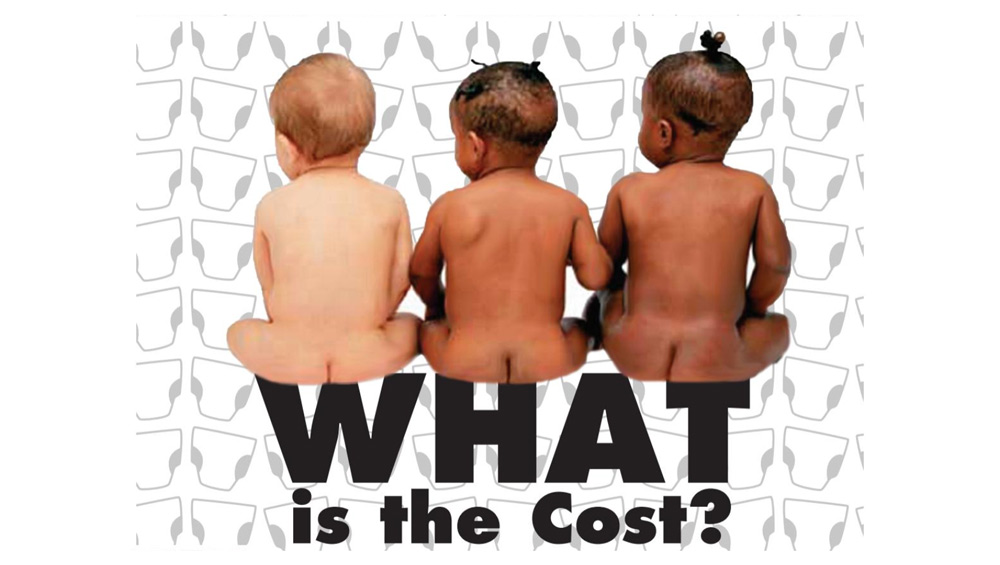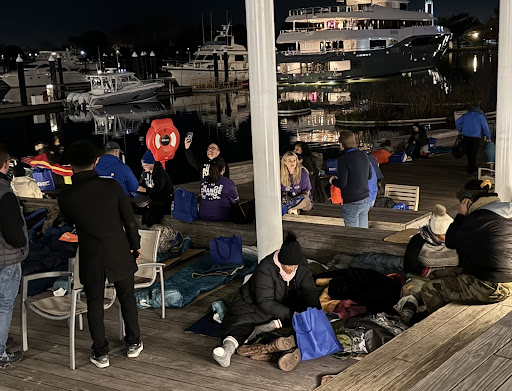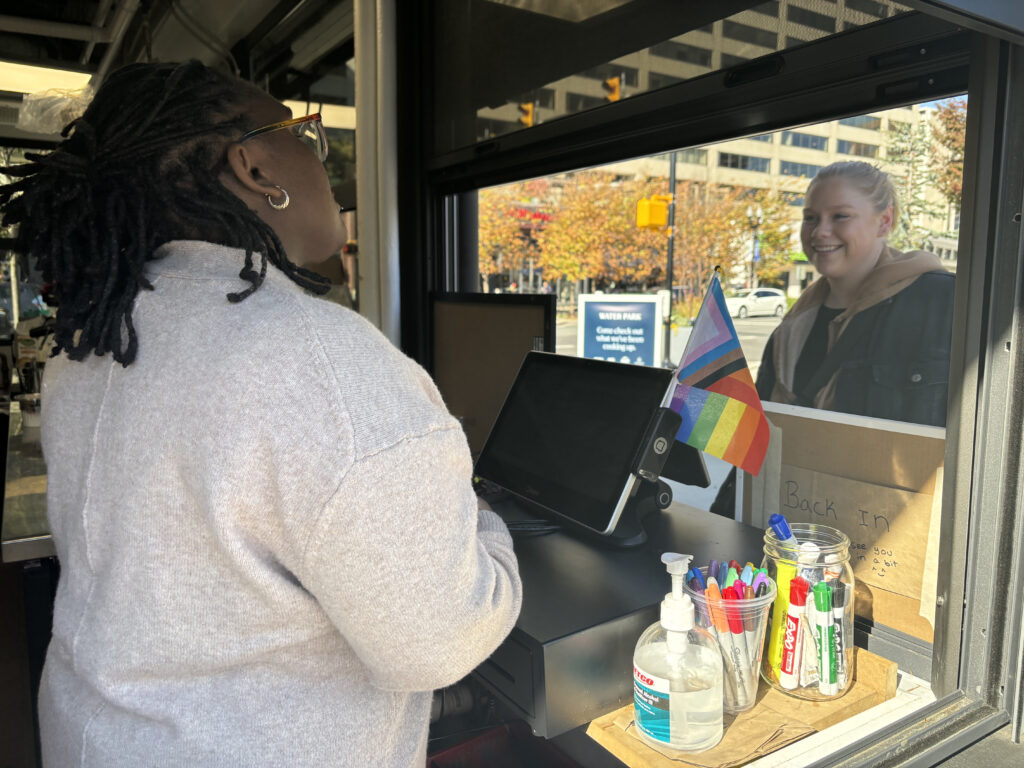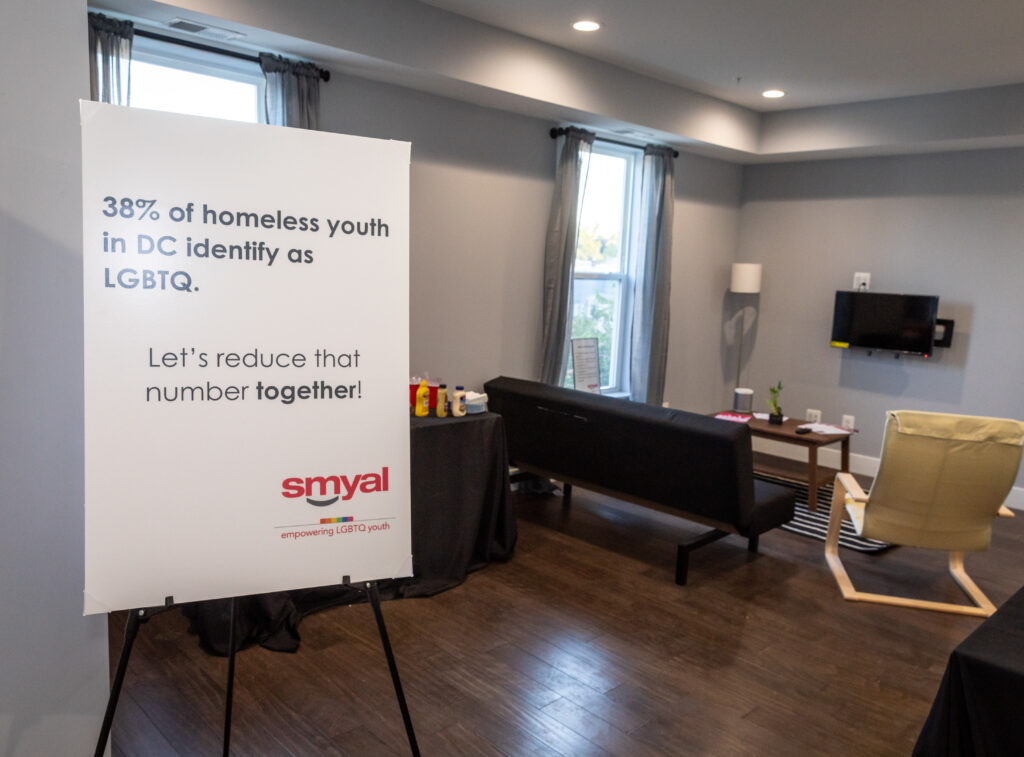Keeping a baby in clean diapers can be a challenge.
The typical infant needs between eight and ten diapers a day.
The cost, which can run anywhere from $60 to $100 per month, can represent a financial burden, particularly for a poor family.
According to the 2010 U.S. Census, 22 percent of American children are living below the poverty line. A family of three living at the federal poverty level is subsisting on approximately $1,500 a month.
Buying diapers can mean sacrifices in other areas.
Enter a newly-formed network of charities resolved to help meet this often-invisible but critical need.
The National Diaper Bank Network (NDBN) and Kids in Distressed Situations (K.I.D.S.) have set a goal of distributing 60 million disposable diapers over the next three years to help struggling families across the United States.
The organizations announced the effort on Feb. 21 with a diaper distribution for needy teen mothers at Covenant House in Washington D.C.
“By being able to give families relief, we are in a small way being able to address the poverty issue in this country,” said Janice Weinman, president of K.I.D.S., Inc., a nonprofit founded in 1985 to help underprivileged and disaster-struck children.
When parents cannot afford to buy the number of diapers their infants need, babies end up wearing soiled diapers and risking rashes, infections, and stress. In addition, many daycare centers require parents to supply clean diapers for their children. If the parents cannot afford to provide diapers, they risk losing their access to childcare, and with it, their ability to go to school or work.
Providing diapers can help alleviate such problems and bring peace of mind, according to Corinne Cannon, founder of the D.C. Diaper Bank. Begun in 2010, the organization raises awareness about the importance of diapers as a basic necessity, collects diapers through community events and fundraisers and provides them to needy families throughout the Washington metropolitan area.
Having enough clean diapers might seem like a small thing to well-to-do parents, Cannon said, but to struggling families “it makes a big difference.”
“Parenting is the most difficult job in the world when everything is going for you,” said Cannon. “It is impossible if everything is against you.”

Since it was established last year, The National Diaper Bank Network has become an umbrella for local diaper banks across the country. The national bank began with help from Huggies Every Little Bottom, a program dedicated to providing diapers to babies in need and developing a sustainable solution to support the issue of diaper need in North America, according to Joey Mooring, senior manager of global marketing and brand communications for Kimberly-Clark Corporation, the parent corporation for Huggies brand diapers.
When the national diaper bank got started, it did not have a distribution arm. But after reading about the NDBN in The Wall Street Journal last November, Weinman, of K.I.D.S., contacted Joanne Goldblum, the NDBN’s executive director, and a collaboration was born. K.I.D.S., which claims an established network of over 1,000 local community service agencies throughout the nation and abroad, became the official distribution arm of the NDBN.
Together, the organizations expect to provide more than 20 million Huggies diapers in 2012. The diapers will be distributed on a quarterly basis, with five million diapers going to various agencies and organizations throughout 33 states every four months.
“Our vision is to help America become a place where every family has access to the diapers they need for their child,” said Mooring. “The NDBN will holistically address diaper need by strengthening diaper distribution resources and channels. The partnership with K.I.D.S. is helping the NDBN do this.”
In addition to distributing diapers, the participating organizations have stressed the importance of raising awareness about the need.
More than one-third of parents have reported cutting back on other necessities to buy diapers, according to Weinman.
The idea of allowing basic needs such as toilet paper, soap, and diapers to be purchased with food stamps has been proposed. But currently, The U.S.Department of Agriculture’s food stamp program, also known as the Supplemental Nutrition Assistance Program (SNAP), does not help with the cost of such nonfood essentials.
Lacking alternatives, diaper banks seem like the best solution, organizers say.
“We are trying to strengthen existing diaper banks and start new ones.” said Goldblum, “to get them to as many states as possible and to as many people as possible.”








